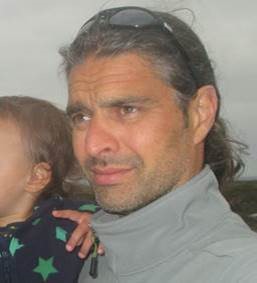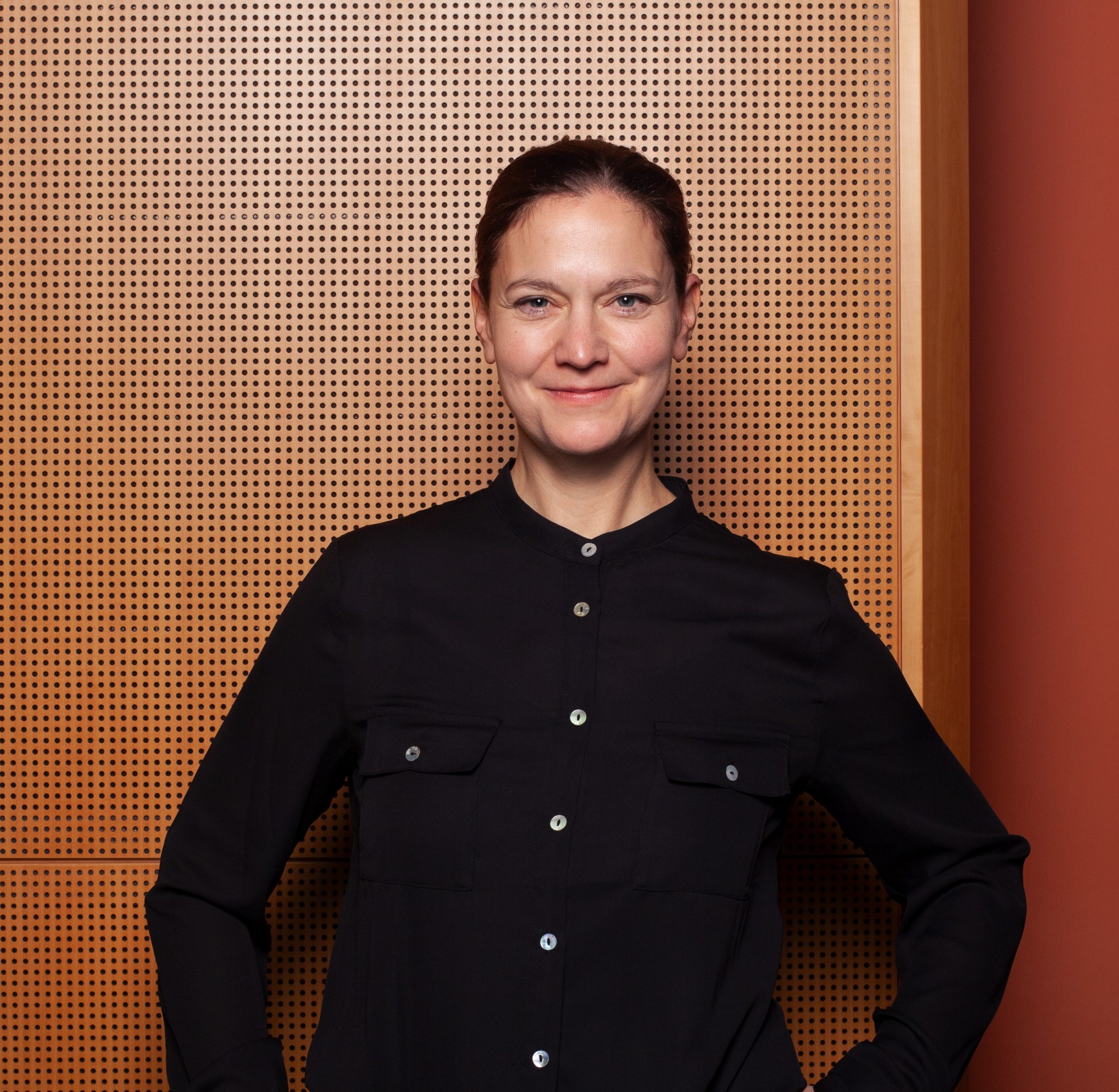About the WebSeminar
Current energy forecasts state that by 2050, renewables will have become the most important energy source, but without significantly decreasing the proportions of petroleum and natural gas as a primary source on the total energy mix (EIA, 2019). This implies that future geoscientists need to face the challenge to further provide a constant supply of hydrocarbons despite of decreasing discoveries while developing the renewable energy sector through meeting the UN sustainable development goals.
This lecture discusses some aspects of the Geoscientist’s role in this apparent transitional environment. It is mainly designed for Geoscience students and young professionals who may benefit from insights on current/future job situation and skillsets required in the resource industries. Colleagues from the renewables energy sector will gain some detailed views on the evolution of geoscience skillsets from the early days until today. A couple of tools from the hydrocarbon business will be discussed and how these need to be considered for some of the renewable resource types.
A simplistic simulation game will be run through the life cycle of a gas field from exploration to development, and from production to abandonment with the aim to outline the methodology and the mode of thinking of geoscientists, working subsurface reservoirs. Some of the standard hydrocarbon exploration and production toolkits will be highlighted in parallel with the Geoscientist’s role in an integrated project team. In the same case study, we will exemplarily demonstrate that geologic workflows, which evolved over decades in the hydrocarbon industry, can be applied to the development of renewables. Future areas of operation for Resource Geoscientists will still need to focus on a detailed understanding of the subsurface for sustainable supply of hydrocarbons and at the same time on the innovative development of e.g., deep geothermal energy. This will lead into a discussion on how to leverage risk assessment principles from the hydrocarbon industry for some of the renewables resource types. We will end this lecture with some thoughts on the skillset of the future Geoscientist.


